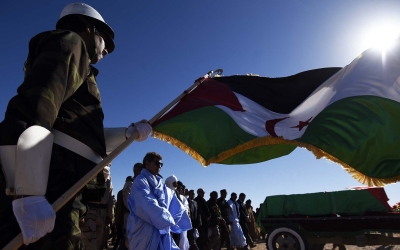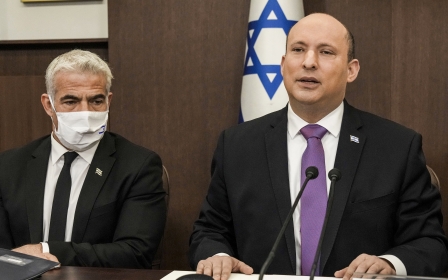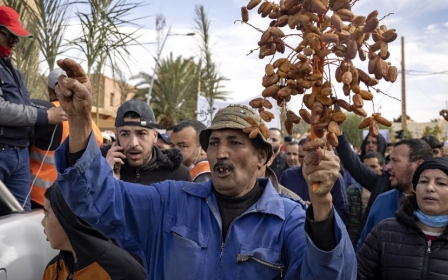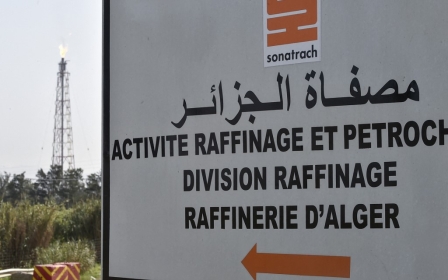Morocco calls on Europe to get 'out of comfort zone' over Western Sahara
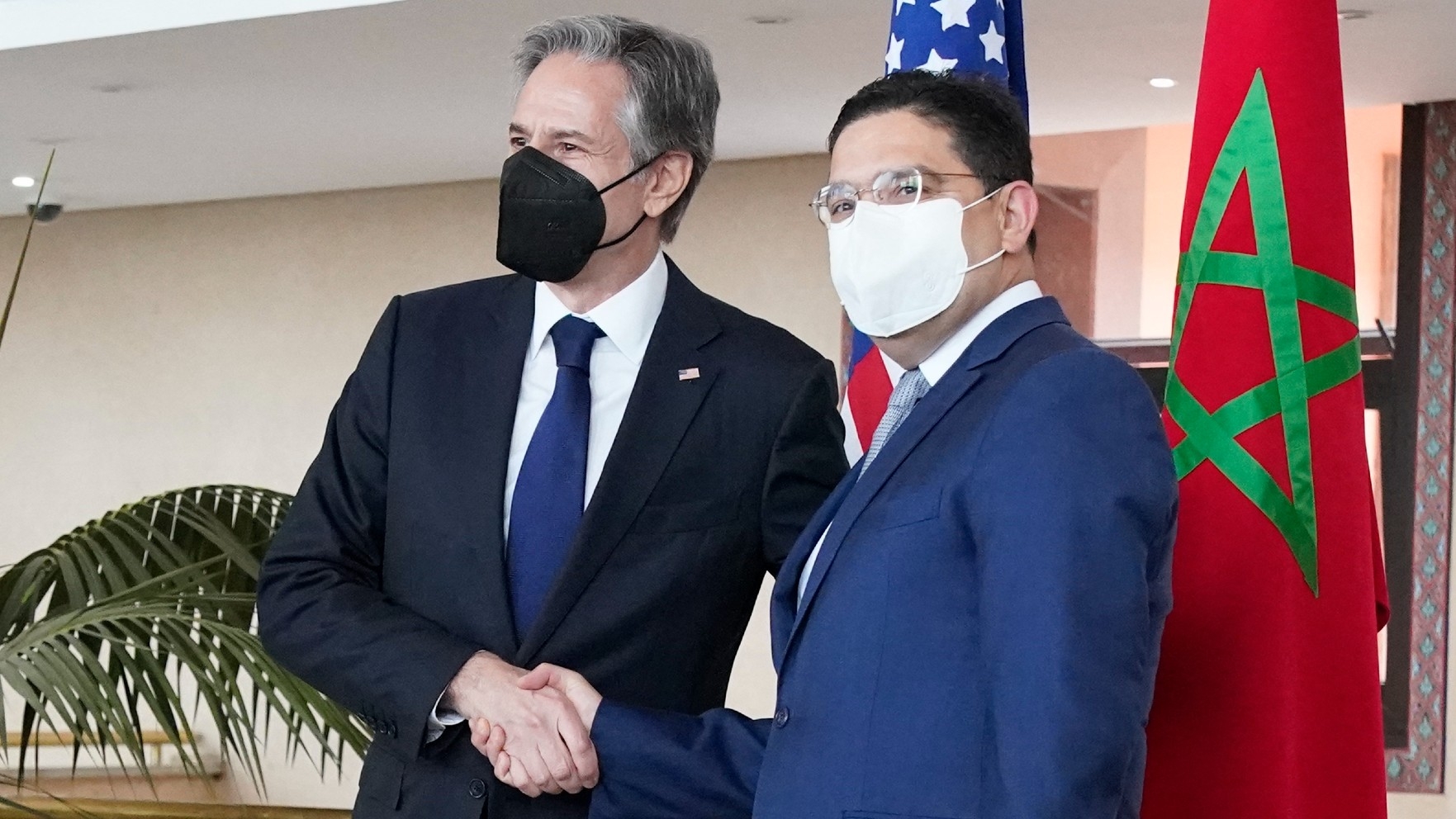
Morocco's foreign minister has called on Europe to support his country's autonomy initiative and recognise Rabat's sovereignty over the disputed Western Sahara region.
Nasser Bourita spoke alongside his US counterpart, Antony Blinken, in Rabat on Tuesday, where he said there was widespread support for Morocco's autonomy plan for the region - but European countries needed to move forward in accepting it as a solution, not merely one option.
"It's time for Europe mainly - and I said that before - to get out of this comfort zone where we - people are just supporting the process. And supporting a process doesn't mean supporting a solution," said Bourita.
The Moroccan foreign minister said Rabat's autonomy initiative was supported as a potential option by several countries, with Spain most recently adopting the Moroccan plan.
The plan gives Morocco control over the area's national security and foreign relations while allowing the Sahrawi people limited autonomy.
However, the Polisario Front, which fought a war of independence with Morocco from 1975 to 1991, has demanded the United Nations follow through on its promise for a referendum on self-determination.
On 10 December 2020, Morocco and Israel resumed diplomatic relations under an agreement brokered by the administration of President Donald Trump.
On the same day, Washington recognised Morocco's sovereignty over the Sahara region. And US President Joe Biden's White House has since been toeing the previous administration's diplomatic line on the issue.
The Trump administration pledged to open a US consulate in in Dakhla, a city in Western Sahara, however, plans for the consulate were notably absent in the Biden administration's $1bn spending plan for construction, maintenance and security at embassies and diplomatic compounds around the world in 2023.
When asked whether he was concerned about the stalled US consulate, Bourita said: "Moroccan and US relations are strong - tense, but moving forward in the right direction."
Balancing ties with Algeria
During Tuesday's press conference, Blinken praised the autonomy plan without endorsing it as a solution, instead saying Washington supported the efforts of UN envoy Staffan de Mistura.
"We continue to view Morocco’s Autonomy Plan as serious, credible, and realistic, and one potential approach to meet the aspirations of the people of Western Sahara," Biden said, echoing a line take earlier this month by Deputy Secretary of State Wendy Sherman.
Choosing sides could also risk geopolitical fallout for the US in the aftermath of the Russian invasion of Ukraine.
Algeria, Polisario's closest ally and patron, has an antagonistic relationship with Morocco.
But Algiers, Europe's third-largest supplier of gas, is being sought out as an energy alternative for European countries that are dependent on Russian natural gas. The country last month offered to provide extra supplies in the event of a decline from Russia.
Blinken travelled to Algeria on Wednesday, on his first visit as top US diplomat to the North African country.
In a fact sheet produced ahead of the visit, the State Department said the US fully supported the UN-led process to finding a lasting solution to the Western Sahara dispute, while refraining from mentioning the administration's praise for the Moroccan plan.
Middle East Eye delivers independent and unrivalled coverage and analysis of the Middle East, North Africa and beyond. To learn more about republishing this content and the associated fees, please fill out this form. More about MEE can be found here.


